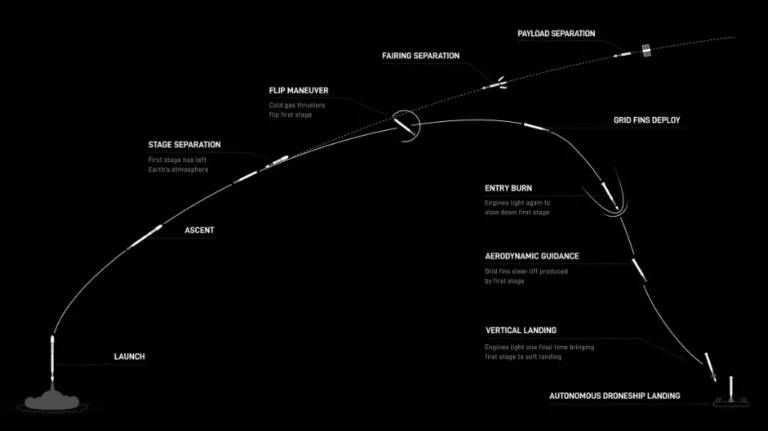
From Retail to Robotics: Use Cases Across Industries
E-Commerce & Retail
Online marketplaces thrive on personalized recommendations. Scale AI helps retailers train models to understand customer preferences, sort visual data (like product images), and flag unsafe or non-compliant listings. A company like Etsy could use Scale AI to classify handmade items across hundreds of niche categories.
Logistics & Supply Chain
Supply chain prediction models require high volumes of location, transit, and demand data. Scale helps logistics brands transform raw tracking inputs into predictive insights. A hypothetical logistics software company might use Scale AI to optimize delivery routes using real-time traffic and warehouse data.
Insurance & Banking
For companies dealing with high-risk assessments, like Lemonade or Geico, Scale can tag image and claim data to detect fraud, evaluate damage, or assess policy accuracy.
Competitive Landscape and Why Scale AI Stands Out
Scale AI competes with firms like Labelbox and Snorkel AI, but differentiates itself in three main ways:
- Enterprise Trust – Its client list includes top-tier defense, automotive, and Fortune 100 companies.
- Human-in-the-loop Learning – It combines human expertise with automation to continuously improve data quality.
- Multi-modal Data Annotation – From satellite images to voice transcripts, it supports complex data types others can’t handle as well.
Scale AI isn’t just a service provider—it’s becoming part of the strategic AI stack for brands that want to lead in intelligence and innovation.
Why Marketers Should Pay Attention to Scale AI
Even if you’re not building AI tools, the ripple effect of Scale AI’s work touches your daily campaigns. Ad targeting, personalization, content recommendation, and even SEO algorithms are shaped by models trained with labeled datasets.
Understanding how Scale AI empowers these models gives marketers a head start in adapting strategy, predicting shifts in digital behavior, and preparing for the next leap in automation.


